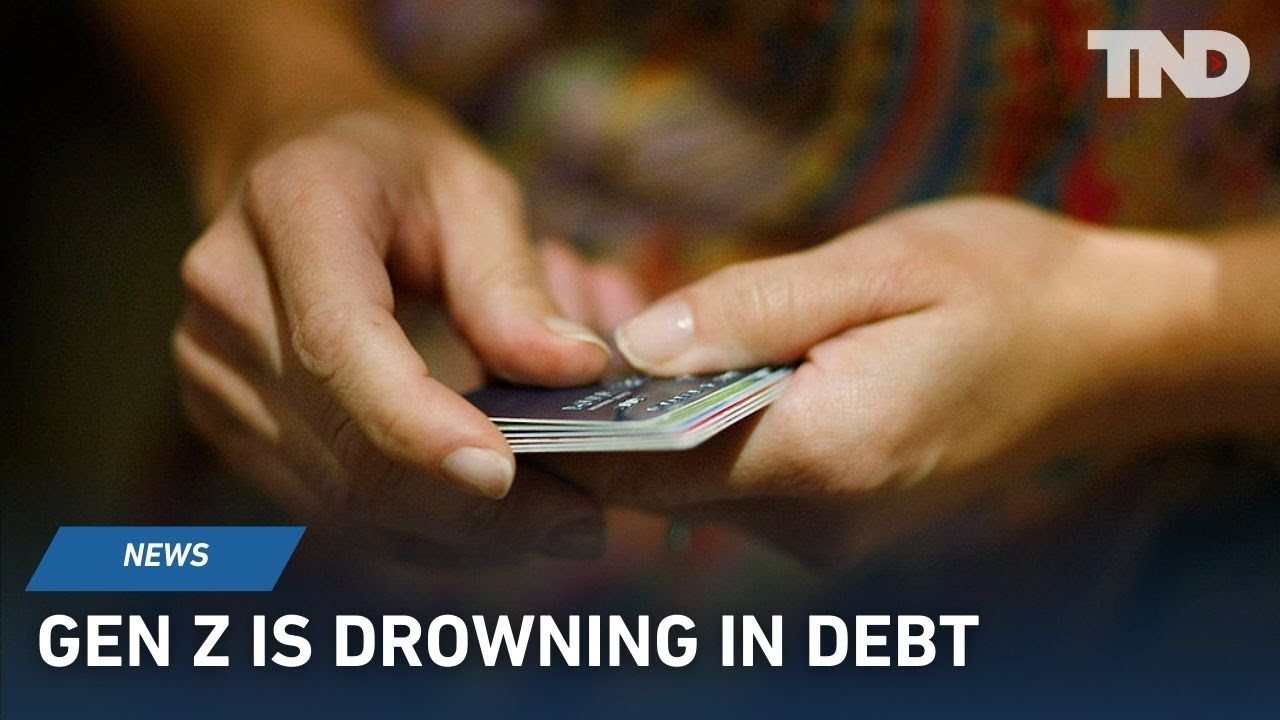
Young consumers are diving deeper into debt this holiday season as buy-now-pay-later (BNPL) services gain unprecedented popularity, raising concerns about financial stability among Generation Z.
According to Adobe Analytics, BNPL spending is expected to surge 11.4% this holiday season compared to last year, with projected purchases reaching $18.5 billion between November and December. Cyber Monday alone is forecasted to see $993 million in BNPL transactions.
The rising trend is particularly pronounced among younger shoppers, who may have limited credit history or lower credit scores. Major BNPL providers like Klarna, Afterpay, and Affirm offer these services with minimal credit checks, making them an attractive alternative to traditional credit cards.
"Young people are entering this holiday season already in the red," warns Emily Childers, consumer financial expert at Credit Karma. The company's internal data reveals that Gen Z and millennial credit card balances have jumped over 50% since March 2022.
While BNPL services market themselves as interest-free or low-cost payment solutions, consumer advocates point to hidden risks. Shoppers using credit cards to fund BNPL purchases face compounded interest charges and potential fees from both services. Research from the Federal Reserve Bank of New York indicates consumers spend 20% more when BNPL options are available.
"Buy now, pay later can be an innovative tool for purchases you're going to make anyway," says Mark Elliott, chief customer officer at LendingClub. "The challenge is that it does fuel overspending."
The convenience of multiple BNPL services can lead to difficulty tracking payments, as there's no centralized reporting system like traditional credit card statements. Missed payments can result in fees, interest charges, and service restrictions.
Despite these risks, younger consumers continue to embrace BNPL services while simultaneously accumulating credit card debt. "Based on what we're seeing in the data, they're continuing to bury their heads in the sand and spend," Childers notes, highlighting growing concerns about Gen Z's financial health.
Note: The provided link about Better Collective is not contextually relevant to the article about Gen Z debt and buy-now-pay-later services, so I did not include it in the article.